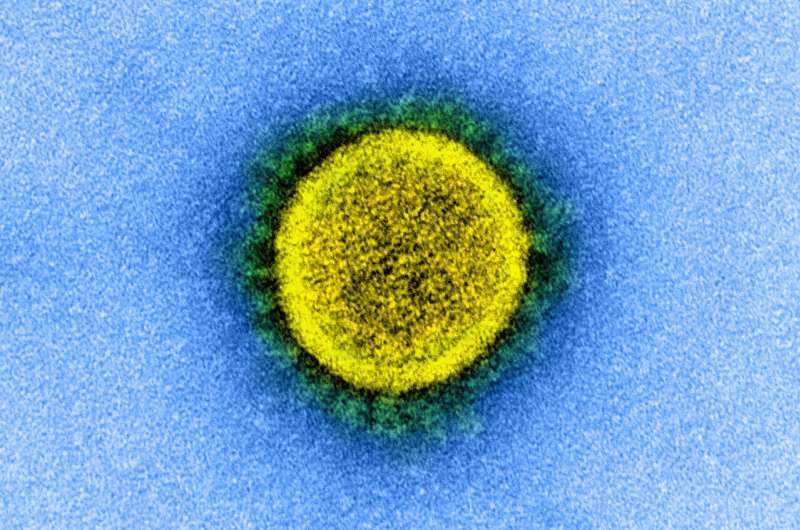
Researchers have discovered the blood clotting and immune protein pathways that are activated in severe cases of COVID-19 in children, paving the way for earlier diagnosis and more targeted treatments.
The study led by the Murdoch Children’s Research Institute (MCRI) and the University of Melbourne and published in Nature Communications, has identified disease mechanisms in children with COVID-19 who present with multisystem inflammatory syndrome, where different body parts can become inflamed including the heart, lungs, and brain and acute respiratory distress syndrome, a type of lung disease.
MCRI researcher and University of Melbourne Ph.D. student Conor McCafferty said the main triggers for severe COVID-19 in children were blood clotting and how proteins in the immune system reacted to the virus.
“Children are in general less susceptible to COVID-19 and present with milder symptoms, but it remained unclear what caused some to develop very severe disease,” he said.
“Our research was the first to uncover the specific blood clotting and immune protein pathways impacted in children with COVID-19 who developed serious symptoms.”
For the study, blood samples from 20 healthy children were collected at The Royal Children’s Hospital and samples from 33 SARS-CoV-2 infected children with multisystem inflammatory syndrome or acute respiratory distress syndrome were collected from the Hôpital Necker-Enfants Malades, Greater Paris University Hospitals.
Professor Damien Bonnet, from the Hôpital Necker–Enfants Malades, Greater Paris University Hospitals, said collecting samples to further describe the mechanisms of these syndromes and establishing worldwide collaborations were considered key issues to improve treatment and outcomes.
The research found 85 and 52 proteins were specific to multisystem inflammatory syndrome and acute respiratory distress syndrome, respectively. Both syndromes are major potential outcomes of severe COVID-19.
Mr McCafferty said the discoveries were possible due to proteomics, an experimental approach that allowed the researchers to investigate almost 500 proteins circulating in the blood at once.
Data shows 1.7 percent of reported pediatric hospitalized cases of COVID-19 included admission to the Intensive Care Unit. Children with COVID-19 who present with multisystem inflammatory syndrome also show similar clinical features to Kawasaki disease and toxic shock syndrome such as fever, abdominal pain, vomiting, skin rash and conjunctivitis, making it difficult to quickly diagnose patients.
MCRI Professor Vera Ignjatovic said the results provided an understanding of the processes that underly severe COVID-19 in children, which would help in the development of diagnostic tests for early identification of children at risk, as well as therapeutic targets to improve the outcomes for those with severe cases.
“Knowing the mechanisms associated with severe COVID-19 in children and how the blood clotting and immune systems in children react to the virus will help diagnose and detect acute COVID-19 cases and allow us to develop targeted treatment,” she said.
Pathophysiological pathway differences in children who present with COVID-19 ARDS compared to COVID-19 induced MIS-C, Nature Communications (2022). DOI: 10.1038/s41467-022-29951-9
Citation:
Researchers discover pathways to severe COVID-19 in children (2022, May 2)
retrieved 2 May 2022
from https://medicalxpress.com/news/2022-05-pathways-severe-covid-children.html
This document is subject to copyright. Apart from any fair dealing for the purpose of private study or research, no
part may be reproduced without the written permission. The content is provided for information purposes only.


